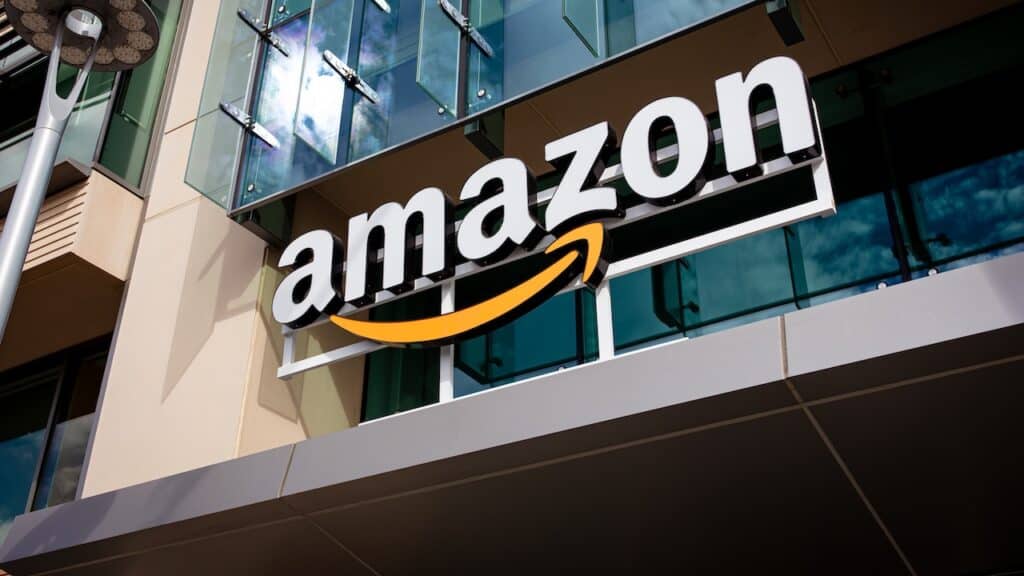
by Matt Weik, BS, CSCS, CPT, CSN
For many Americans, Amazon is a way of life. If you need something, and fast, you order it from Amazon. Well, unfortunately, Amazon’s under the microscope (again). And this time, it’s for how supplements are marketed on its platform.
A federal lawsuit is calling into question just how responsible e-commerce platforms like Amazon should be when dietary supplements sold through them don’t follow the law.
We’ve seen this before, especially with the whole prohormone debacle, as well as retailers who were (unknowingly) selling supplements that had been tainted with steroids.
The case, which was filed in January 2023 in the U.S. District Court for the Western District of Washington, claims Amazon has been promoting and selling supplements that make structure/function claims without the legally required DSHEA disclaimers on their labels.
The court recently approved part of the plaintiffs’ motion for discovery, allowing the case to move forward.
In this article, we are going to dive deeper into the topic and find out what’s going on and even toss in my two cents.
Disclaimer: This article is for informational purposes only and is not meant to treat or diagnose any condition. It is recommended that you speak with your doctor before starting any exercise program, making changes to your nutrition plan, or adding any new supplements into your current regimen.
Retailers Can Be Held Liable Under Federal Law
Here’s what’s important: according to the Food, Drug, and Cosmetic Act (FDCA) and the Federal Trade Commission Act (FTCA), retailers (including online marketplaces) can be held responsible for selling products that are misbranded or adulterated.
This is true even if the retailer didn’t create the product or write the claims.
In an interview with NutraIngredients, attorney Katie Bond of Keller and Heckman broke it down: “A retailer, like an e-commerce site, can be liable for deceptive advertising simply by placing the ad into interstate commerce.”
Personally, I think this is absolutely insane. A site sells a product that isn’t theirs, had no say in the advertising of the product from the brand, but wants to sell the product on their website because consumer demand is there. It’s mind-boggling.
The Legal Landscape is Shifting
Historically, the FDA and FTC didn’t go after retailers very often.
But things have changed.
Now, enforcement is targeting online platforms more aggressively and, in my opinion, unfairly. State regulators and plaintiffs’ lawyers are jumping in as well.
That’s putting more pressure on companies like Amazon to monitor the claims being made on their site, especially when it comes to health and wellness products like supplements.
What the Lawsuit is Really About
The plaintiffs say Amazon is responsible for allowing dietary supplements to be sold without the proper DSHEA disclaimer on their labels.
This disclaimer is mandatory if a supplement makes structure/function claims. It must read and contain the following statement:
“This statement has not been evaluated by the Food and Drug Administration. This product is not intended to diagnose, treat, cure, or prevent any disease.”
Here’s the deal: if you’re a brand and don’t already have that on your label and advertising, you’re not thinking straight. That’s pretty common practice, and any legal team for a brand that doesn’t recommend the supplement company have that on these things should be fired immediately.
The court also pointed out that many of the products were part of the “Fulfilled by Amazon” program. That’s important because it strengthens the argument that Amazon isn’t just a marketplace, and it’s playing an active role in the sale of these products.
According to Bond, this signals that courts are becoming more comfortable with holding retailers liable, especially when they’re deeply involved in the logistics and promotion of these products.
Amazon is Already Spending A TON on Compliance
Amazon isn’t taking this legal situation lightly. In fact, they’re spending BIG BUCKS!
At a June 2025 regulatory forum, Amazon corporate counsel Yifang Zhao said the company invested over $1 billion in 2024 into product compliance and security.
That includes teams of machine learning experts, software developers, and investigators focused on identifying fraud, counterfeit products, and compliance issues.
Supplement Brands Still Control Their Labels
Even though Amazon’s in the hot seat, manufacturers and suppliers shouldn’t assume they’re off the hook.
Bond pointed out that these companies still control their own formulations, marketing strategies, and label designs.
“They ultimately control what’s in their product and on their label, which is a lot of what ends up populating the retailer sites,” she explained.
So, if a brand decides to ignore the requirement for the DSHEA disclaimer, it could be dragged into the litigation mess, too.
Rethinking Compliance Strategies
The outcome of this case could push companies to take a fresh look at their compliance strategies.
Bond mentioned that the current rules around the DSHEA disclaimer don’t always make much sense. Again, I think all supplement brands should have the DSHEA disclaimer on all the products they sell as well as on all advertising.
She questioned whether the disclaimer really protects consumers or just exists to check a legal box.
Even the FTC doesn’t require the disclaimer in advertising. Why? Because it doesn’t change whether a claim is misleading.
But legal logic aside, if the lawsuits and enforcement actions keep coming, supplement companies might not have a choice. They’ll need to get compliant or risk major fallout.
A Big Shift for E-Commerce Oversight
This case could mark a turning point.
Retailers (especially online) are already boosting their compliance standards. This trend isn’t slowing down.
Amazon’s response? Invest heavily in compliance teams and technology that can catch issues faster.
“We have dedicated teams and technology that are continuously innovating and identifying, and improving products that are not at a high level,” Zhao said.
That’s where the future is headed: more oversight, tighter standards, and increased pressure on every player in the supplement industry, from manufacturer to marketplace.

